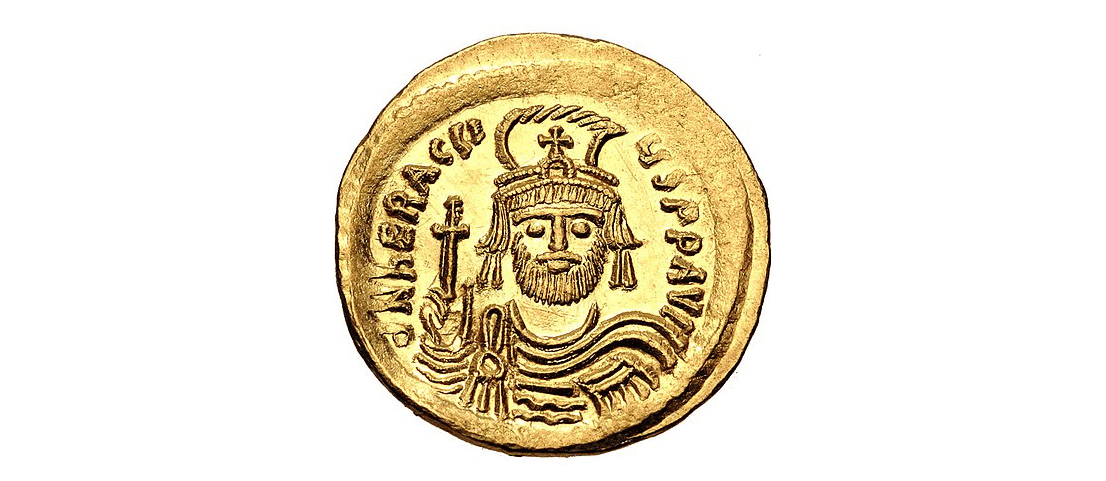Death of Heraclius I (February 11, 641)

Heraclius was one of the remarkable emperors of the first centuries of Byzantium. According to some sources, he was of Armenian origin, even though this claim has been disputed.
Heraclius was born around 575. He ascended to the throne in 610 after a two-year rebellion against the unpopular usurper Phocas, founding the Heraclian dynasty (610-716). He continued the war against the Persian Empire, which had started in 602.
In 619 Heraclius made peace with the Avars, tribes of Eurasian nomads who had been in conflict with Byzantium for half a century. Two years later, he undertook an expedition against Persian king Khosrow II. He held successful military operations in Armenia and Atropatene (Persian Azerbaijan). The Byzantine army also had Armenian troops in its ranks, and Armenian princes Mzhezh Gnuni and Vahan Khorkhoruni were among its generals.
The peace between Byzantium and Persia (628) restored the Byzantine-Persian borders of 591. Heraclius recovered the True Cross and returned it to Jerusalem in 629. However, the peace in the Near East was extremely brief. In 634 a new power invaded Syria: the Arabs. After a two-year campaign, they defeated Heraclius’ forces and conquered Syria and Palestine. They would end by overrunning and conquering Persia and Armenia. In 635 Vahan Khorkhoruni and another Armenian prince, Davit Saharuni, participated in an unsuccessful conspiracy against Heraclius.
During his reign, Heraclius tried to create a new Christian doctrine, monotheletism, with the aim of uniting monophysists and duophysists. He called for an ecclesiastic gathering in Karin (Erzerum) in 644, where Catholicos Ezr I and various Armenian bishops and archimandrites were invited. Even though they accepted the new doctrine, they continued following the rites of the Armenian Church. The clergy of Eastern Armenia did not participate in the meeting and “monotheletism,” which spoke of one will and indirectly supported monophysicism, was not accepted. The Arab conquest of Armenia after Heraclius’ death condemned this attempt of forced unity to failure.
Heraclius passed away on February 11, 641.
